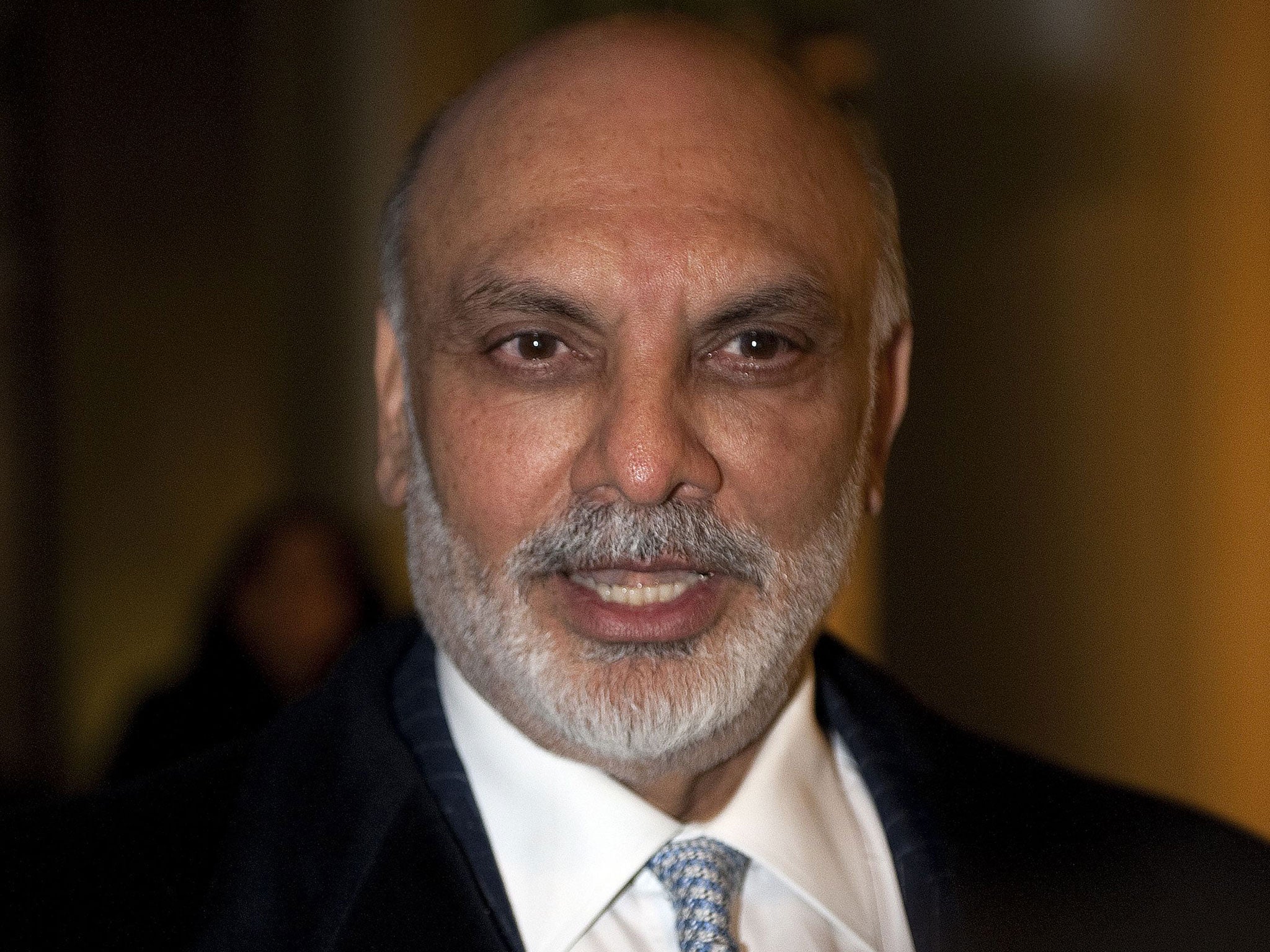High Court moves to hotel room as frail father sues sons

Your support helps us to tell the story
From reproductive rights to climate change to Big Tech, The Independent is on the ground when the story is developing. Whether it's investigating the financials of Elon Musk's pro-Trump PAC or producing our latest documentary, 'The A Word', which shines a light on the American women fighting for reproductive rights, we know how important it is to parse out the facts from the messaging.
At such a critical moment in US history, we need reporters on the ground. Your donation allows us to keep sending journalists to speak to both sides of the story.
The Independent is trusted by Americans across the entire political spectrum. And unlike many other quality news outlets, we choose not to lock Americans out of our reporting and analysis with paywalls. We believe quality journalism should be available to everyone, paid for by those who can afford it.
Your support makes all the difference.The barristers removed their wigs and gowns, the judge presided over the hearing in a suit and the usual wood-panelled backdrop was replaced with a conference suite when the High Court moved to a luxury London hotel yesterday.
The unusual venue was granted for an extraordinary feud involving members of the Singh family, the owners of part of the Radisson Blu hotel chain. The conference suite enabled patriarch Bal Mohinder Singh, who is too frail to travel to the Royal Courts of Justice near Fleet Street, to give evidence. The case was listed on hotel information screens while chairs and tables were arranged in a layout that would have been familiar to the legal professionals present.
Judge Sir William Blackburne sat at The May Fair Hotel – the most high-profile property in the Singh chain – to hear evidence from the 86-year-old businessman, who is taking action against his sons Jasminder, in his 60s, and Herinder, in his mid-40s. At stake is a £50m chunk of Jasminder’s reported £400m fortune.
Mr Singh Snr has resorted to the courts, he says, to uphold the “ Mitaksara” custom from Sikh and Hindu traditions under which “ family property” is shared. The family moved to Britain from Kenya in 1974 buying a Post Office in north London. They then moved into the hotel business via a loan from now-defunct Bank of Credit and Commerce International, and bought the Edwardian Hotel in Kensington.
Over the coming years the family invested in a string of hotels across the capital, all of which Bal Mohinder claims formed part of the “family property”. For years all three families lived together in Tetworth Hall, in Ascot, Berkshire, until Jasminder and Herinder fell out, a dispute that drew in their father who was retired from the business by Jasminder.
Giving evidence via a written statement, Bal Mohinder said he was unhappy at being removed as a director of the group three years ago, adding he felt he was still contributing and was capable of continuing to contribute to the company.
He maintains, in a claim that is disputed, that property was held under a trust for male members of the family and that he is entitled to a third.
Lawyers say the Singhs have interests in the Edwardian Group, which owns London hotels including the Savoy Court, the Stratford Court, the Grafton and the Kenilworth and the Shaftesbury.
Bal Mohinder told the court that Jasminder had been brought up in a “family system”. “I and his mother are deeply ashamed that Jasminder should publicly renounce his cultural heritage and the mutual rights and obligations of the family system in which he was brought up,” he said.
“For Jasminder to deny that and claim all the credit and ownership for himself will be shocking to wide sections of [Sikh and Hindu] communities, particularly our family friends. That is why his mother and I are so ashamed.” He said Jasminder had a “ domineering personality”.
Lawyers for Jasminder, 62, and Herinder, 46, have disputed Bal Mohinder’s claims in written submissions.
They said Jasminder denied the relationship between him and his family was governed by principles and practices of the “Hindu joint family”. They said Herinder asserted that property he held was “his own”. The hearing continues.
Join our commenting forum
Join thought-provoking conversations, follow other Independent readers and see their replies
Comments